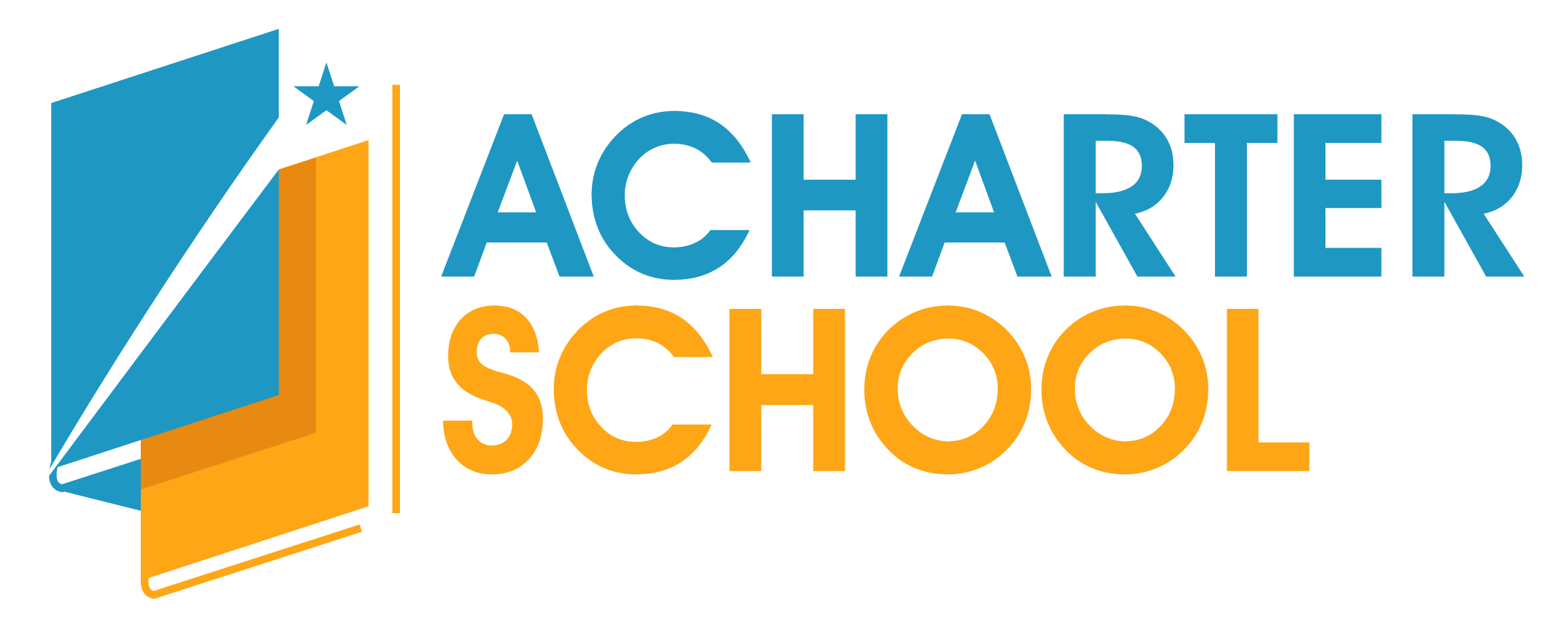Quality education can make or break a child’s excellent future. So, if you are looking to enroll your child in a good school, it is best to learn the features and benefits of each. Here, we look at the differences and distinct traits of public, private, charter and magnet school, so you are better guided on where to send your little one.
Public School
Public schools cater to students in the elementary, middle and high school levels. These are usually traditional schools and there are guidelines set by the state as to the means of evaluating and teaching students. Moreover, some public schools accept students depending on the entrance test scores, and the cut-off may be high.
When it comes to the credentials and qualifications of teachers employed in public schools, these are quite noteworthy. In fact, these teachers are state-certified with a bachelor’s degree. Once teachers are certified, it means they have undergone training in the state where they are practicing the profession.
Necessary coursework and student teaching practicum should also be completed before a certification is granted to teachers. On the other hand, charter school teachers have a more flexible standard for certification requirements, as compared to public school educators.
In terms of teaching standards, there are guidelines established by the state, which public school teachers should follow. This means, there is a higher quality of control over subjects taught in the classroom, such as mathematics, science and reading. The curriculum may also be somewhat rigid as state guidelines are followed in these schools.
Another distinct feature of public schools is the diversity of students enrolled. Hence, students are exposed to an environment that is quite like the real world – with different kinds of people from various races, religion and cultures. Public schools aim to steer clear from racial segregation and discrimination by accepting students from any type of background. There are also special academic programs available to learners, including environmental sciences and math.
Charter School
Charter schools are also liberal in accepting students of different incomes, races and gender, just like in public schools. Considering the vast population in this type of school, there is a limited space for new enrollments, so applicants should send in their documents months ahead. This way, they can have a higher chance at getting in the charter school of their choice.
Most charter schools operate independently. However, there are those that are run by for-profit types of private companies. As for the funds received by these schools, these come from the government. Thus, the government body that provides the fund to the charter school is accountable to it. In case there are poor levels of test scores or a mismanagement issue exists in the school, it may be shut down because of the low quality of education and service provided.
Popular charter schools in the state have numerous enrollees, which means it is hard for potential candidates to get into these institutions. There are instances when a lottery system may be implemented by operators of the school to fill vacancies. Interested applicants should also submit their application forms and requirements months before the next academic year to gain a higher chance at obtaining a slot.
To maintain a high level of education given to students, certification is required before a teacher can find employment in a charter school. However, the requirements to become certified is not as strict, as compared to the standards in a public school. Nevertheless, students are ensured of quality education from credentialed and licensed teachers in charter schools.
Private School
A vast number of private schools have their own source of funds coming from endowments, donations, grants and the tuition fee collected from students. It is also common for these schools to seek funds from community organizations, businesses and alumni. In the case of a private Catholic school, a common funding source is the Catholic Church and some organizations that support the institution.
Private schools are typically autonomous, and they can provide a curriculum that is not regulated by the standards of the state. This means, they may offer religion classes and other subjects that the school aims to provide to students. To ensure the quality of education, most private schools are accredited, which means these have met the national or regional standard established by certain associations. When a school is accredited, it also means that its academic programs and administration have undergone review and evaluation by an external group every few years.
As compared to public schools, the tuition fee in private schools is rather expensive. For instance, boarding schools in the K-12 levels may cost as much as what it would take to study in a private college or university. However, the tuition in private elementary schools is cheaper than in the high school level.
Religious or parochial schools offer a slightly cheaper tuition fee due to the extra funding source unlike with regular private schools. The class sizes are also larger in religious schools, which affect the lower cost of tuition.
Acceptance of students in private schools can be a challenging ordeal since these institutions are not required to admit every child. Thus, there is an extensive process that applicants should go through including testing, essays and several interviews with administrators in the school. Some private schools may be very selective of their students, and there are those that tend to look into the ethnicity or religion of the parents and potential students.
There are several private schools that lack special education programs, with the exception of a school designed to cater to a particular population of students with special needs. While these schools attempt to assist all students admitted, additional resources may cost more to parents such as remedial classes. With public schools, however, they are dedicated to providing disabled children with an appropriate education through special services.
Private school teachers are not required to be certified. Yet, they should possess a graduate or undergraduate degree in their subject area of expertise.
Magnet School
School districts operate magnet schools, and these institutions have a focused curriculum and theme in the Sciences, technology, mathematics, engineering, world languages, International Baccalaureate, Career and Technical Education and Micro Society. The concept behind these schools is to give students a hands-on learning experience. Hence, the learning approach is often project or performance-based. Common core standards are used in all the different subject areas, but these are taught to students based on the school’s overall theme.
There are no entrance criteria in most magnet schools, and special interests and skills of students develop more over time. Admission may also be randomized or a lottery system, although some magnet schools focused on “gifted” students consider the assessment data of students or recommendations given by teachers in accepting new enrollees.
Magnet schools ensure diversity as their key element, which means students from any background may be permitted to attend the school. The curriculum is also transparent and presented well to students and their families, so every learner is more engaged in the process while harnessing a sense of community and school spirit. Teachers are also licensed and certified in the subject area they teach. Most importantly, they are regarded as highly specialized since they undergo theme-based professional development and training.
Final Word
In the end, your choice of school depends on what suits your child’s needs, traits and interest the most. By being aware of the unique features of each school, you can identify the one that caters to the learning needs of your child. This way, the student can receive the best learning experience that will greatly impact his or her future.


